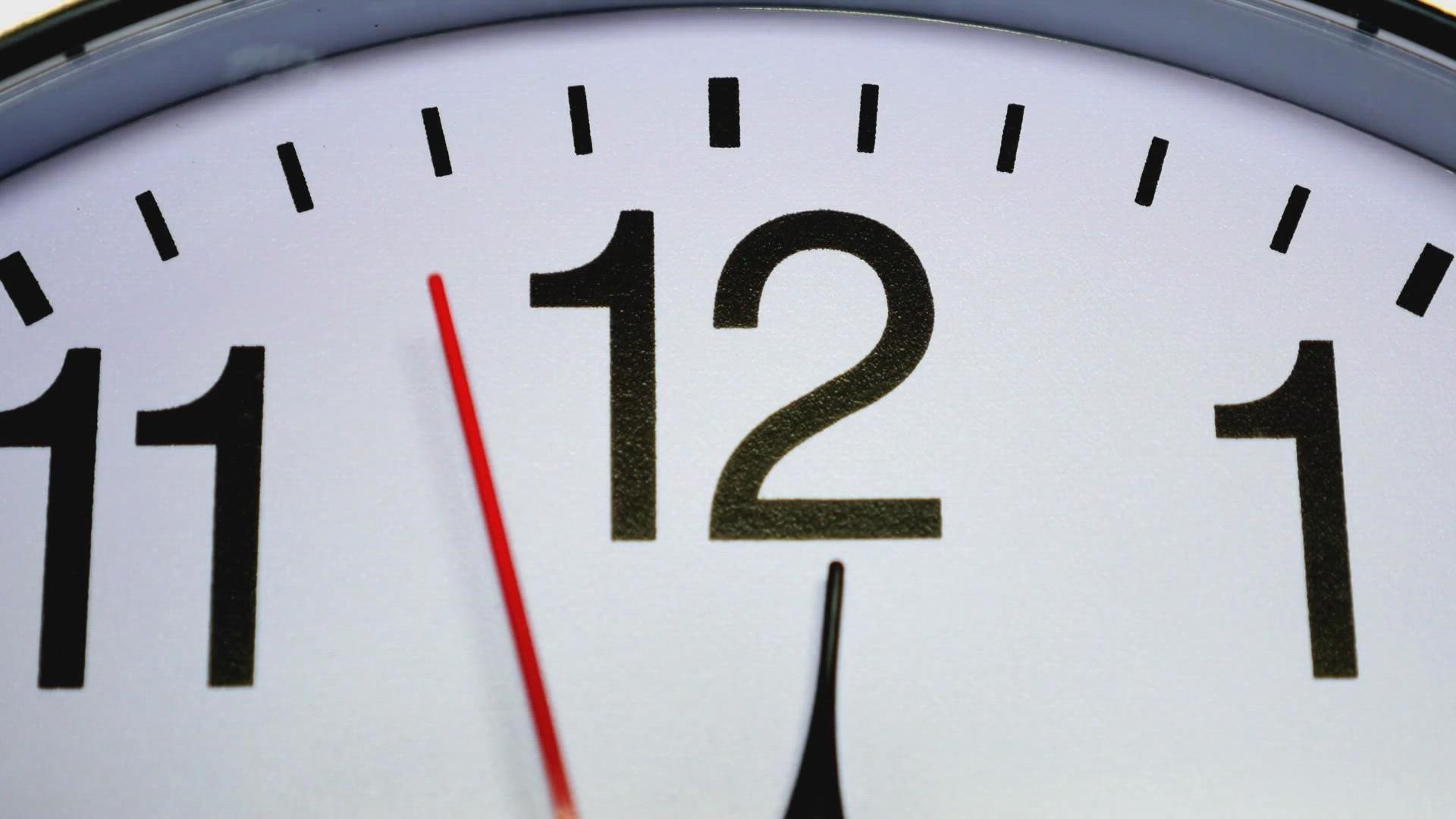SAN ANTONIO — This weekend we fall back as we go from Daylight Saving Time to Standard Time.
For most of us, we love the clock change. Some get an extra hour of sleep. Others like to party a little longer. How you approach the one hour change determines how your body will react.
"We all have what's called a circadian rhythm, and most of us are very sensitive to that. We go to sleep at a certain time. We get up at a certain time very similar to when we travel to another country. If that clock resets, then it can cause sleep disturbance," said Dr. Fahmi Farah, an Invasive Cardiologist, President and CEO of Bentley Heart, and the Director of the Global Health Lines Foundation.
On a positive note, The American College of Cardiology found a 21 percent decline in the number of heart attacks the Tuesday after returning to standard time in the fall. But on the flip side a University of California study found on the Sunday after we turn the clocks back there was a rise in late night behavior such as drinking alcohol and staying awake later which causes an increase in car accidents.
And a Danish study of more than 185,000 people over 15 years found the fall clock change resulted in an 11 percent rise in depressive episodes.
Dr. Farah added, "People get tend to get really depressed during the winter months. And it's because of the darkness. It's because they're just not getting that exposure to sunlight."
Here are some tips to help you adjust:
- Update your clocks in advance.
- Create a nighttime routine to help your brain wind down.
- Stick to a consistent sleep schedule to keep your mood and energy level in check.
- Limit your screen time especially right before bed.
Dr. Farah told us, "If you're having to go to sleep an hour early, try going to sleep like maybe 20 minutes earlier rather than a whole hour. So you gradually reset your circadian rhythm rather than a whole hour if it affects you that much."
That's because a gradual change to your circadian rhythm is tolerated much better without any detrimental effect, as opposed to a drastic all of a sudden change.

